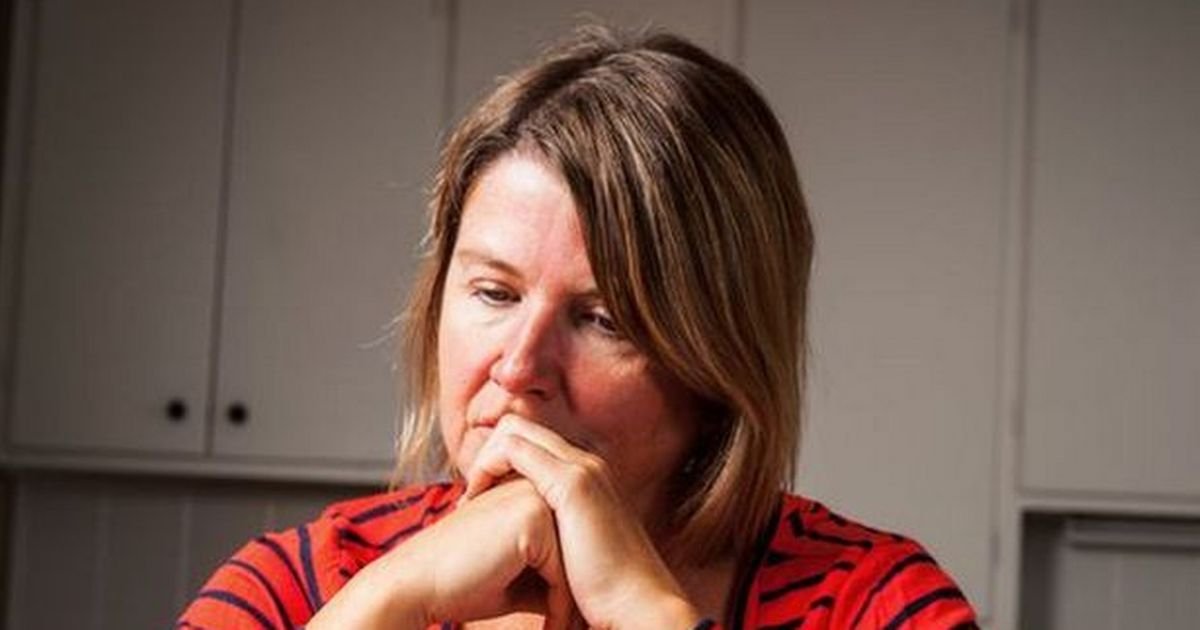Charli M, who regularly speaks out about mental health, shared a video to her followers explaining why people on PIP (Personal Independence Payment) are not “scroungers”
A former Personal Independence Payment (PIP) assessor has hit back at Brits who label benefit claimants as “scroungers”, shedding light on the rigorous process to access the payment. Charli M, known for her candid discussions about mental health on TikTok, revealed she used to work as a PIP assessor and insists there are many misconceptions about the process.
In a recent video, she addressed comments on her posts labelling benefit recipients as “fraudsters” and accusing them of “scrounging” off others. She aims to debunk these myths, explaining that stringent guidelines must be met to qualify for the payment, and it’s actually “incredibly hard” to secure PIP.
The subject frequently sparks debate, particularly when alterations to the payment system occur. Recently, new dates for PIP changes were announced.
Charli highlighted that, while there are numerous stories circulating about Brits on PIP, many people lack understanding of how the system operates. She clarified that it’s possible to work and claim a disability benefit, a fact often misunderstood.
For those unsure about PIP, it’s a payment designed to help with additional living costs for individuals with long-term physical or mental health conditions or disabilities, or those who struggle with daily tasks or mobility due to their condition.
PIP entitlement is possible even if you’re employed, have savings or are receiving most other benefits. Since Charli posted the video, it has sparked a flurry of comments from people sharing their personal experiences.
One person commented: “My mum used to be a PIP assessor and I’m a work coach for UC. People don’t seem to realise you usually need pretty solid medical evidence in order to get PIP, and it really shouldn’t be stigmatised the way it is.
“99% of people on these benefits are very much deserving of them.”
Another added: “Thank you for this. We aren’t lazy – far from it. As someone who’s been disabled all my life [and] received lots of backlash – I had to fight to get PIP.”
A third responded: “I get PIP and work, but can only work two days a week due to illness, but I still try my hardest to work. People don’t understand.”
Meanwhile, a fourth also remarked: “PIP is very hard to get awarded.” Another person chimed in with: “Thank you for this. I have to keep trying to explain that PIP isn’t an out of work benefit.”
Are you eligible for PIP?
According to the Government website: “You can get Personal Independence Payment (PIP) if all of the following apply to you:
- You’re 16 or over
- You have a long-term physical or mental health condition or disability
- You have difficulty doing certain everyday tasks or getting around
- You expect the difficulties to last for at least 12 months from when they started
“You must also be under State Pension age if you’ve not received PIP before. If you live in Scotland, you need to apply for Adult Disability Payment (ADP) instead.
“If you’re over State Pension age, you can apply for Attendance Allowance instead. Or if you’ve received PIP before, you can still make a new claim if you were eligible for it in the year before you reached State Pension age.”
Further details can be found on the website.





